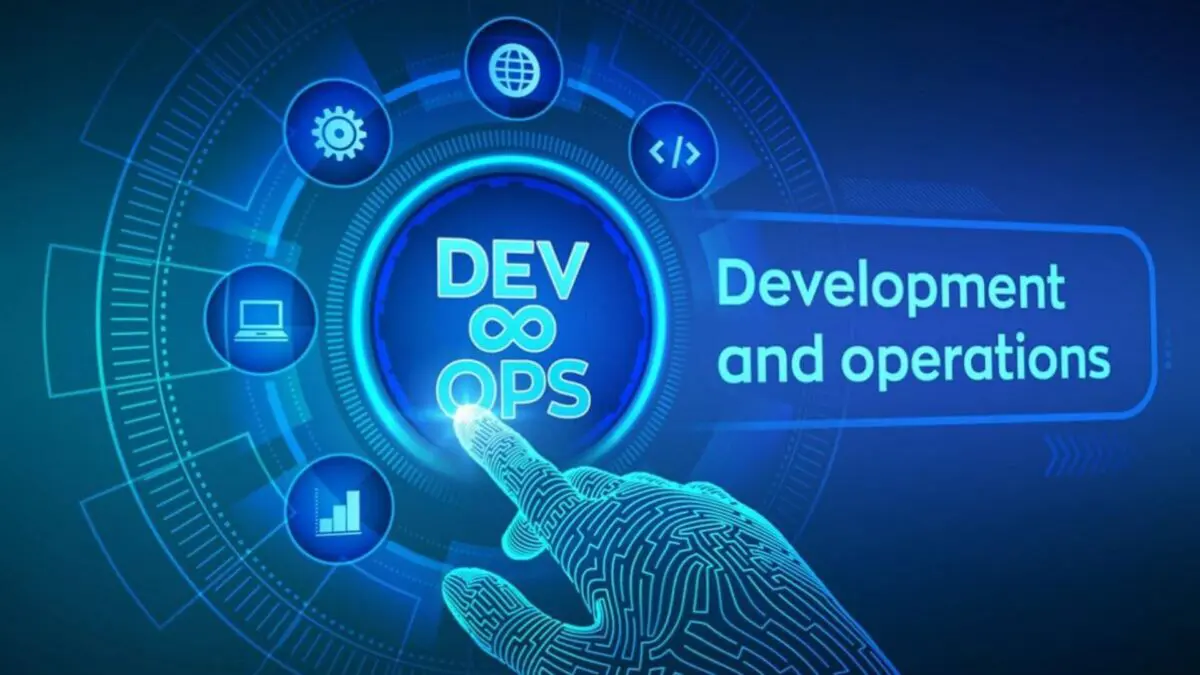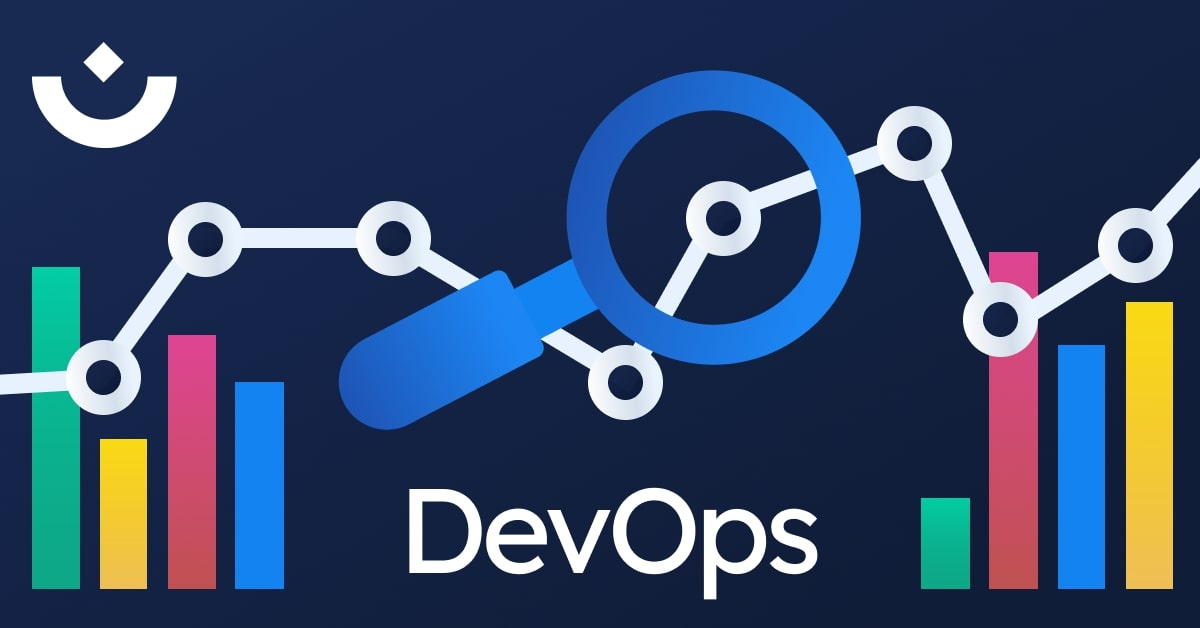
DevOps is a set of cultural ideas, practices, and technologies that improves an organization's capacity to provide applications and services at high velocity: changing and enhancing products at a quicker rate than traditional software development and infrastructure management methods. This speed allows firms to better service their clients and compete in the market.
How DevOps Works

Development and operations teams are no longer "siloed" under a DevOps approach. These two teams are sometimes combined into a single team in which the engineers work across the whole application lifecycle, from development and testing to deployment and operations, and build a variety of skills that are not confined to a particular role.
Quality assurance and security teams may become more closely linked with development and operations in various DevOps models, as well as throughout the application lifecycle. When everyone in a DevOps team is concerned with security, this is referred to as DevSecOps.
These teams employ strategies to automate operations that were previously manual and time-consuming. They employ a technological stack and tools that allows them to operate and evolve apps fast and reliably. These solutions also enable engineers to autonomously complete activities (such as deploying code or supplying infrastructure) that would otherwise require assistance from other teams, which boosts a team's velocity.
Benefits of DevOps

Speed- DevOps principles enable you to move at the speed required to innovate quicker, better adapt to changing markets, and become more efficient at generating business results.
Quick delivery- When you increase the frequency of releases, you may enhance your product more quickly and gain a competitive edge.
Reliability- Continuous integration and continuous delivery are DevOps approaches that help assure the quality of application updates and infrastructure modifications, allowing you to deliver at a faster pace while maintaining an optimal user experience.
Improved collaboration- Developers and operations teams communicate closely, share responsibilities, and merge processes in a DevOps approach. This cuts down on inefficiencies and saves time.
Security- You can use automated, integrated security testing technologies to implement a DevOps paradigm without losing security.
DevOps platform & tools

Choosing tools that support your processes is crucial to the success of DevOps. If your operations are to keep up with rapid development cycles, they will need to use highly flexible platforms and treat their infrastructure in the same way that development teams treat code. Manual deployments are time-consuming and prone to mistakes.
Automation can help to simplify platform provisioning and deployment. Site reliability engineering (SRE) handles these human operations duties with software and automation. An SRE methodology can help a DevOps team achieve their goals even more effectively.
Containers enable moving applications between development, testing, and production environments easier. Containers enable developers to bundle and separate their projects, including application files, runtime environments, dependent libraries, and customizations.
DevOps & security

DevOps is more than simply development and operations teams. To fully benefit from a DevOps strategy, enterprises must understand how security affects the life cycle of their programmes. This implies considering core security from the beginning of the planning process. It also entails automating some security elements in order to keep the DevOps workflow moving. Choosing the proper tools to incorporate security can help you achieve your DevOps security objectives.
However, effective DevOps security necessitates more than new technologies; it relies on DevOps behavioral shifts to integrate security teams' activities sooner rather than later. DevOps accelerates things by bridging the gap between development and operations, but the gains can be undone by inadequate security strategy.
Security used to be the exclusive responsibility of a small team that was added at the end of the development process. Security is now a shared responsibility that is built into a collaborative DevOps architecture from the outset.
DevOps and developers

The CI/CD software development life cycle involves developers in more than simply the coding process. Developers assist manage the CI/CD cycle holistically by drawing on their expertise, intuition, and prior accomplishments. Because the specifics of DevOps might vary depending on the technology stack utilized, make sure to check DevOps and Developer to see which of Oracle's services will be most appropriate for your use case.